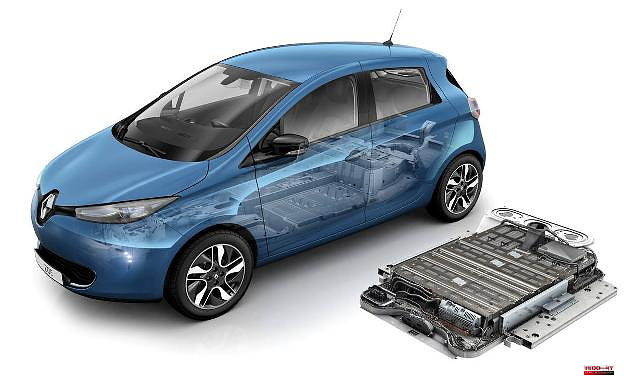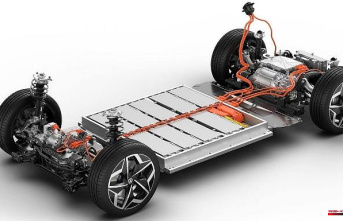The Technological Institute of Plastic AIM, PLAS, belonging to the Network of Technological Institutes of the Valencian Community (REDIT), is developing a safe, intelligent, efficient and sustainable system for exchanging batteries for electric vehicles that puts an end to 'anxiety about autonomy'. This innovative solution that avoids charging waiting times is part of the SMART5G project.
Specifically, it is a system that facilitates the rapid exchange of batteries by charging with solar energy and predicts energy consumption thanks to the use of Artificial Intelligence (AI) algorithms, as well as the creation of an innovative intelligent management platform that eliminates the risks of electromagnetic interference and improves safety.
Sustainable mobility, in the words of the AIMPLAS Sustainable Mobility researcher, Begoña Galindo, is already "a strategic priority at local, national, European and global levels, so it is essential to promote new technological solutions that guarantee safe, connected mobility and intelligent, applied to both individual and delivery vehicles, and that reduces CO2 emissions. To guarantee high security and protection against possible electromagnetic interference, SMART5G is generating lightweight composite materials protected by electromagnetic shielding (EMI) that optimize these new models.”
The initiative also proposes an innovative sustainable structural battery case for light cars based on a reusable and recyclable long fiber thermoplastic compound with dual functionalities: flame retardant additives and electromagnetic shielding (EMI) particles. This new solution increases the autonomy of the vehicle by reducing its weight compared to the usual metal casings, which reduces costs and energy consumption, as well as the carbon footprint.
“Thermoplastic matrix composites can play a key role in 21st century industry, as they offer great advantages in terms of low weight, high stiffness and specific strength comparable to metallic materials. For this reason, the new generation of electric cars is betting on the use of these plastic materials, which make free design and a weight reduction of around 40% possible”, explains Begoña Galindo.
7












